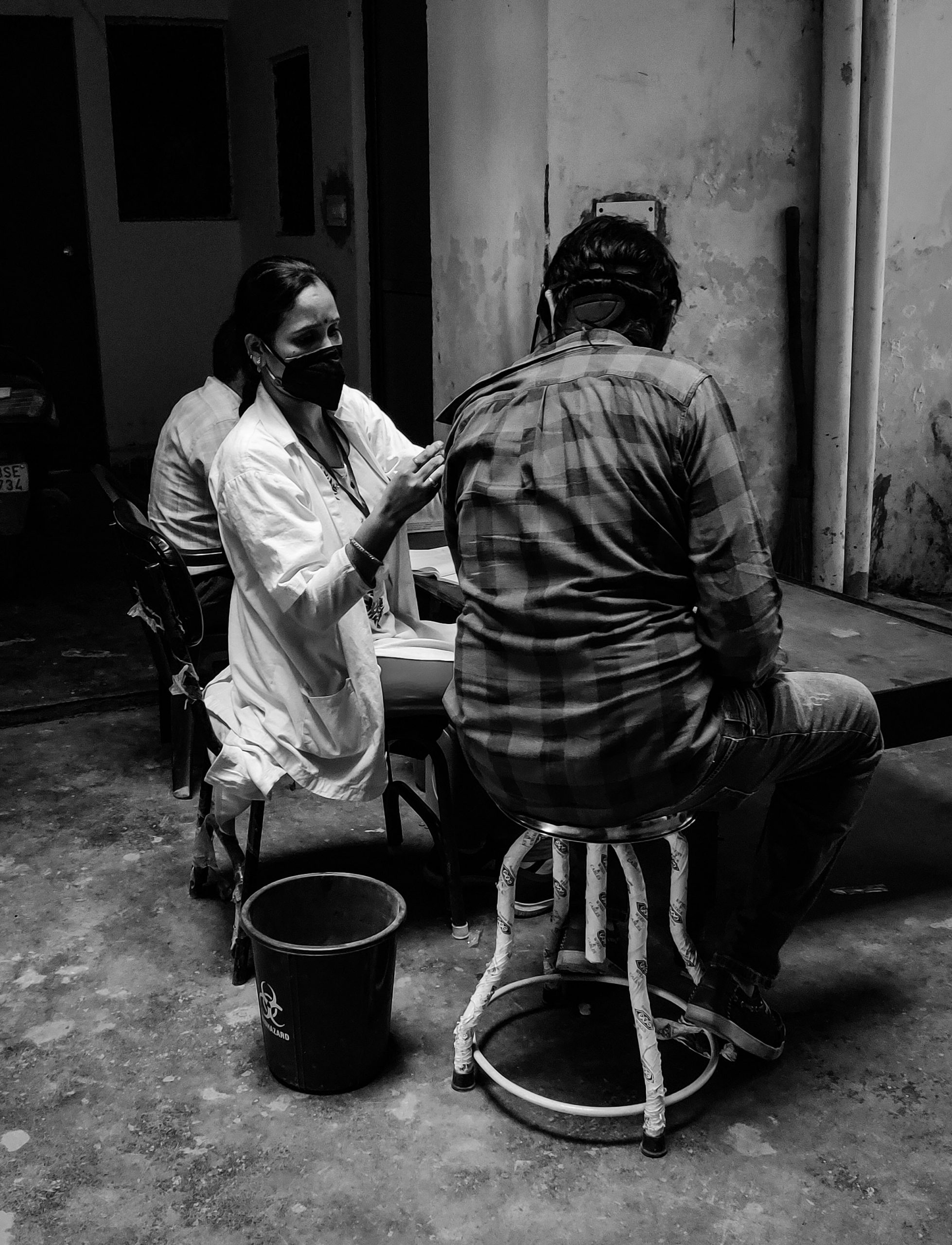Amidst the unprecedented scale and speed of vaccine research and development, and the mammoth task of ‘leaving no one behind’ in the global deployment of COVID-19 vaccines, there is a need to ensure that critical sex and gender dimensions are prioritized in the evidence-generation, decision-making, and communication. Lynda Keeru reports back on ‘Sex and gender in COVID-19 vaccines’, a webinar organized by the Gender & Health Hub.
Shirin Heidari got the ball rolling in the webinar stating:
“Stronger considerations of sex and gender factors in research, policy and health promotion can contribute to better science and innovation, prevent harm, build public understanding and trust and ultimately improve immunization coverage.”
Data generation
From the onset of the pandemic, gender was highlighted as an important issue because of COVID-19’s differential impacts on men and women. However, an analysis of vaccination policies from 76 countries around the world found 91% were gender blind as presented by Tracey Goodman in this report.
While COVID-19 vaccine trials have included almost equal numbers of men and women, most of the data published has not been broken up by gender, in particular in terms of efficacy and immune response.
WHO has committed to develop better global policies on COVID-19 vaccines in response to the aforementioned challenge. In order to apply a gender lens, they developed a background paper determining gender related issues and made six recommendations. WHO recognizes that this is imperative if we are to really achieve the set out goals of vaccinating everyone everywhere.
Apoorva Mandavilli reported that since the beginning of the outbreak sex related statistics have been disseminated and this made it apparent to the media that there are differences in the manner in which pandemics affect men and women. She argued that there has been an unprecedented focus on gender during this pandemic; and this attention being is a good thing as it could have longtime implications for global health and how research is conducted. It has for instance, brought to the fore issues like the potential effects of the vaccine on pregnant women in terms of fertility. This has led to vaccine trials that factor in pregnancy.
Barriers to access
There’s also a better understanding of the gendered barriers to vaccine uptake in terms of geography, available time and hesitancy. Lavanya Vijayasingham shared a guidance note and checklist for tackling gender related barriers to equitable COVID-19 vaccine deployment. The paper provides advice on how to address gendered barriers in vaccine deployment and maximize the protective benefits of COVID-19.
Women in vaccine development
Saad Omer highlighted that only 29% of the Principal Investigators in vaccine trials are women and this is problematic as it means that women are not represented in this process.
We must realize the centrality of women’s agency. Women are not passive recipients of recommendations even when they are made by well-meaning people. This agency should be reflected in who formulates policy and how the policy framework is developed.
Moving forward
The pandemic has shown that vaccine preventable diseases like COVID-19 can totally change life, and that gender plays a huge role in getting back control. In order to see change and ensure that critical sex-and gender dimensions are prioritized, we’ve got to make the topic have gravitas. The conversation needs to get going, led by evidence on existing gaps. This information needs to be shared widely and not just among a few people in academia or some organizations/institutions. It needs to be out there enough for the general public to be talking about it. Things can be changed when a spotlight is put on them.
We must benchmark; if we don’t count something and follow up on how metrics change we cannot measure progress. We must be demand that data on women and vaccine trials is reported and disseminated regularly.
As is the case with many other things, things only change when there is concerted effort and this issue on including women in research trials is not any different.
Moderators:
Shirin Heidari, GENDRO
Jean Munro, GAVI
Presenters:
Tracy Goodman, WHO
Lavanya Vijayasingham, UNU-IIGH
Noni MacDonald, Dalhousie University, Canada
Saad Omer, Yale University, USA
Apoorva Mandavilli, Journalist, The New York Times






